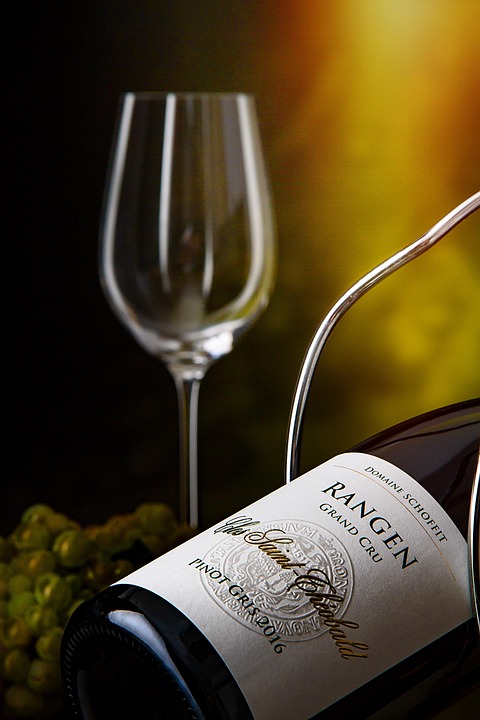Introduction
The Rheingau region in Germany is renowned for its vineyards, producing some of the world’s finest Riesling wines. One of the key factors that contribute to the success of the vineyards in this region is the moderating effect of the Rhine River on the local climate. In this report, we will explore how the Rhine River influences the climate of the Rheingau vineyards and why this is crucial for grape cultivation.
Climate of the Rheingau Vineyards
The Rheingau vineyards are located along the banks of the Rhine River, stretching from Wiesbaden to Rüdesheim. This region has a unique microclimate that is influenced by the river, which plays a crucial role in moderating the temperatures and providing ideal growing conditions for grapevines.
Temperature Regulation
The Rhine River acts as a heat sink, absorbing heat during the day and releasing it at night. This process helps to regulate the temperature in the vineyards, preventing extreme fluctuations that can be detrimental to grape cultivation. The river also helps to create a more temperate climate in the region, with cooler summers and milder winters compared to other wine-growing regions.
Protection from Frost
The Rhine River also provides protection from frost, which can be a major threat to grapevines. The water in the river retains heat, which can help to prevent frost damage in the vineyards during the spring and fall months. This protection is crucial for ensuring a successful harvest and maintaining the quality of the grapes.
Impact on Grape Cultivation
The moderating effect of the Rhine River on the climate of the Rheingau vineyards is essential for grape cultivation in the region. The consistent temperatures and protection from frost provided by the river create optimal growing conditions for Riesling grapes, which are the most widely planted variety in the area.
Quality of Riesling Wines
The unique climate of the Rheingau vineyards, influenced by the Rhine River, contributes to the distinctive character of Riesling wines produced in the region. The cool temperatures and long growing season allow the grapes to ripen slowly, developing complex flavors and aromas that are characteristic of Riesling wines from this area.
Financial Impact
The success of the Rheingau vineyards in producing high-quality Riesling wines is reflected in the financial performance of the region’s wine industry. In 2020, the total value of wine exports from the Rheingau region reached €125 million, with Riesling wines accounting for a significant portion of the exports. This demonstrates the importance of the moderating effect of the Rhine River on the climate of the vineyards in driving the economic success of the region.
Conclusion
In conclusion, the Rhine River plays a crucial role in moderating the climate of the Rheingau vineyards, creating ideal growing conditions for grape cultivation. The temperature regulation and protection from frost provided by the river contribute to the success of the region’s wine industry, particularly in producing high-quality Riesling wines. The unique microclimate of the Rheingau vineyards, influenced by the Rhine River, is a key factor in the global reputation of the region as a premier wine-growing area.




